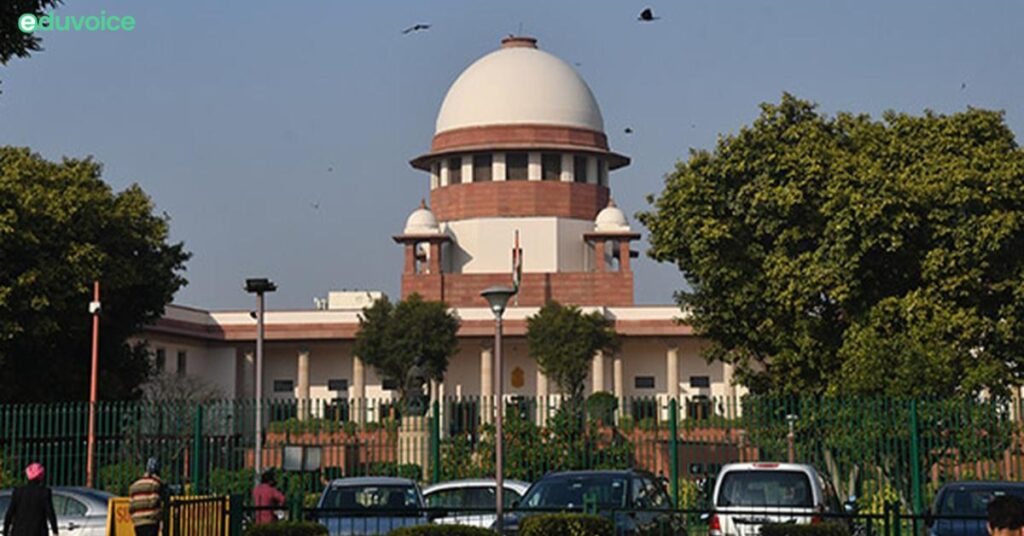Tamil Nadu has filed a plea in the Supreme Court seeking a declaration that regulations mandating all India National Eligibility cum Entrance Test (NEET) for admission to medical courses are violative of the right to equality and the principle of federalism, which formed part of the Basic Structure of the Constitution.
It claimed, “The NEET furthers the existing inequalities and puts the students from rural backgrounds educated in State Board Schools in a disadvantageous position compared to students from urban and semi-urban areas with more resources.”
The DMK government filed the original suit, on the emotive issue in the state under, Article 131 of the Constitution, which is invoked to resolve disputes among the states and between the Centre and the states.
The plea was filed by advocate Sabarish Subramanian, drawn by Devyani Gupta, and settled by senior advocates Abhishek M Singhvi and N R Elango and Tamil Nadu’s Additional Advocate General Amit Anand Tiwari.
Notably, the Constitution bench of the Supreme Court in the case of ‘Christian Medical College vs Union of India’ (2020) upheld the validity of the NEET on the ground that it is required to curb the evil of unfair practise of granting admission based on paying capacity of candidates, charging capitation fee, large-scale malpractices, exploitation of students, profiteering, and commercialization and entrance examinations which are unfair, not transparent and exploitative.
“This reasoning does not apply to government seats and is only applicable to seats in private colleges where evils of capitation fee, exploitation, profiteering, etc. exist,” it said.
The state government used to admit students in undergraduate medical courses on the basis of marks obtained in class XII of the state board. But after the introduction of NEET, bright rural students who are not in a position to get specialized coaching through private coaching centres are unable to compete with the urban/ semi-urban students on an equal footing, the plea said.
It also pointed out the NEET examination is based upon the CBSE/NCERT syllabus, which is substantially different from what has been set by the Tamil Nadu State Board of Education. The NEET is, therefore, indirectly compelling the students to opt for the CBSE/NCERT board, which is violative of the federal structure of the Constitution.
The plea said the introduction of NEET for admission to all medical colleges, irrespective of whether they are private or state, or central government colleges, is in violation of the autonomy of the States to make decisions regarding education.
“Parliament is not competent to make a law controlling admissions to a State University/College. Under Entry 66, List I, Parliament can only prescribe the minimum standards
which are to be followed in institutions of higher education, and not the method of admission. NEET goes beyond minimum standards and encroaches upon the States’ rights to prescribe the method of admission,” it said.
For More Such Articles, News Update, Events, and Many More Click Here






